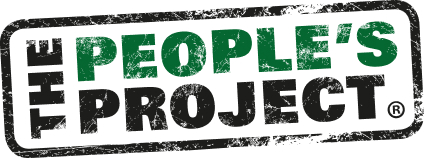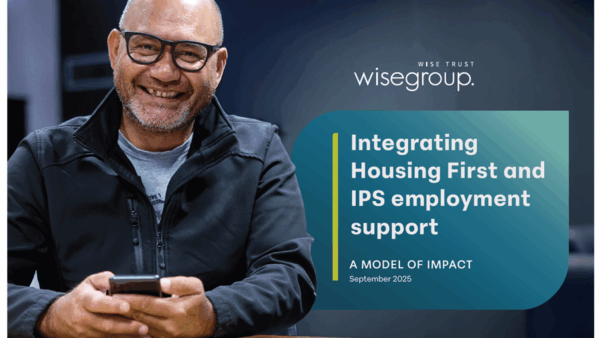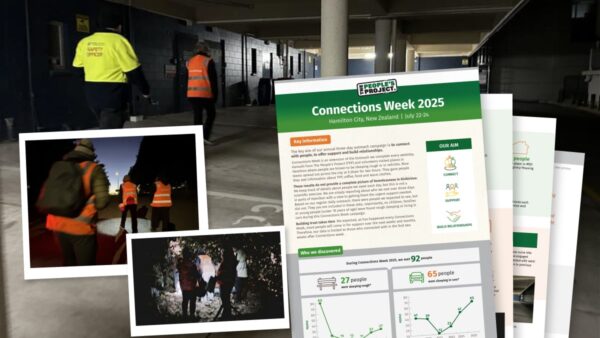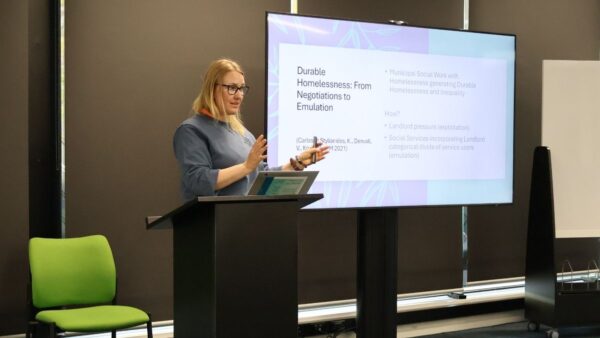Housing First – hope in the headlines
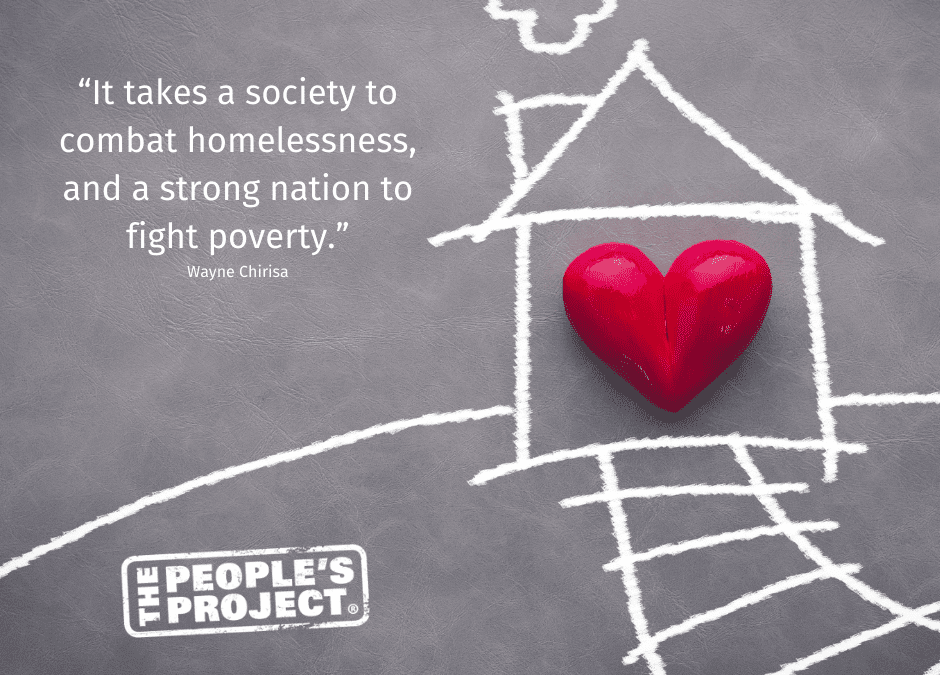
Homelessness is a significant political issue. And leading up to this election, rarely a day went by without a headline about homelessness in Aotearoa, New Zealand. Sometimes they were success stories – about the many people who have been helped and supported by homelessness services across the country. Often though, these headlines were bad news, packed with statistics carrying a message of doom and gloom.
Of course, for those who are homeless, the real people behind the statistics, it is bad news – very bad. These are individuals and whānau without the basic human right of a home. These are New Zealanders experiencing a significant crisis.
We understand that headlines bring attention to their plight, but they rarely offer a solution because headlines by themselves can’t end homelessness. But building more houses that whānau can move into today can, and evidence-based approaches like Housing First can.
Upholding the mana of everyone
Housing First is an approach to ending homelessness – not managing it. It starts by reaching out, connecting and building trust with people who are often unwell and who have not been served well, often for years, by services that were put in place to help people in their time of need. The longer someone is homeless, the greater and more complex their needs become – very quickly the support needed becomes too great for a system that takes a “one size fits all” approach – when what’s needed is “one size fits one”.
That’s what Housing First does – it takes a person-by-person approach, without any referrals, pre-conditions or sobriety requirements, and without any judgment whatsoever. A Housing First worker simply starts by asking, “would you like a home?”
For some, it seems too good to be true. For others, it’s a question they may never have been asked during all their time on the streets. For this reason, it can take a long time from the first point of connection to truly engage and help a person into a permanent home. They are skeptical. And understandably so.
Never giving up
Persistence is key to Housing First. So is systems disruption too. Yes, it’s jargon, but it’s desperately needed. We have research that shows our system for vulnerable people isn’t focussed enough on making sure people have a home. We must change this if we are to solve this problem. The best thing we can do to end homelessness, is to prevent it from happening in the first place.
Homelessness in Aotearoa didn’t happen overnight, and it won’t be solved overnight. There’s no magic wand here. It will take communities, agencies and government working together, with one person, one problem, one house at a time, to forge a better way forward for the long-term. Building houses. Helping people sustain their tenancies. Using data and evidence to develop better systems. Preventing homelessness. That’s Housing First in action.
Together, we can end homelessness
Headlines can provide hope to people that they’re not forgotten, that there are services and people advocating for them, and they can rally a community into a movement to change things for the better – they certainly do have their place.
But it is everyone working together collaboratively, using evidence-based, strengths-based and culturally-respectful approaches; changing our systems to be inclusive and with a focus on housing; building more affordable homes; and tackling the drivers of homelessness head on… it’s this combination that will end chronic homelessness in Aotearoa, making it rare, brief, non-recurring – and never a way of life.
That’s Housing First – and it’s a headline of hope.
By Julie Nelson, joint chief executive, Wise Group and project lead, The People’s Project
